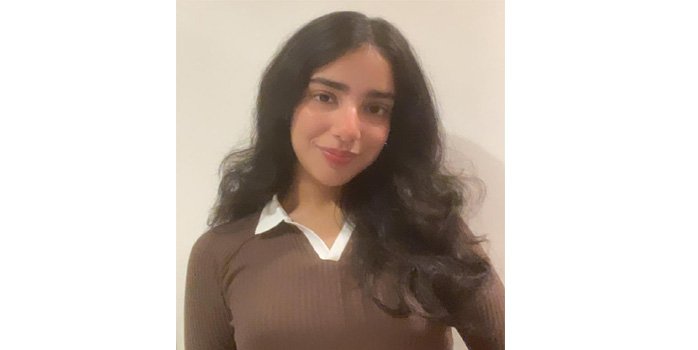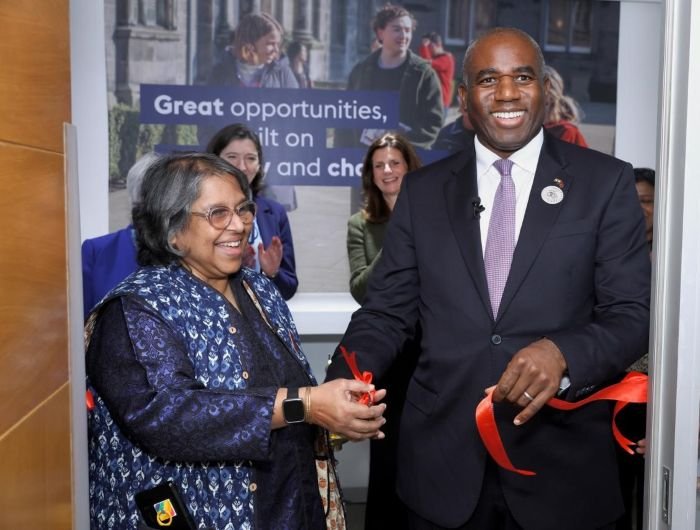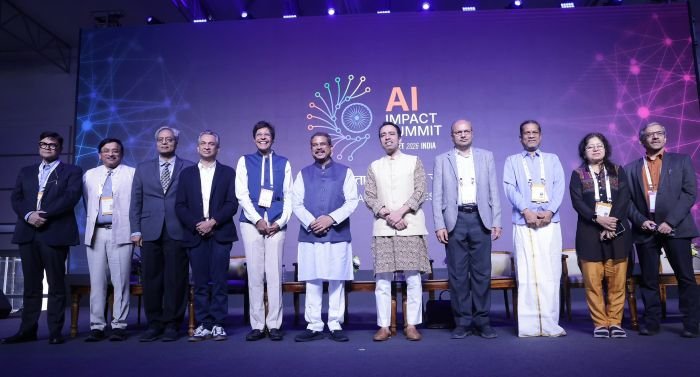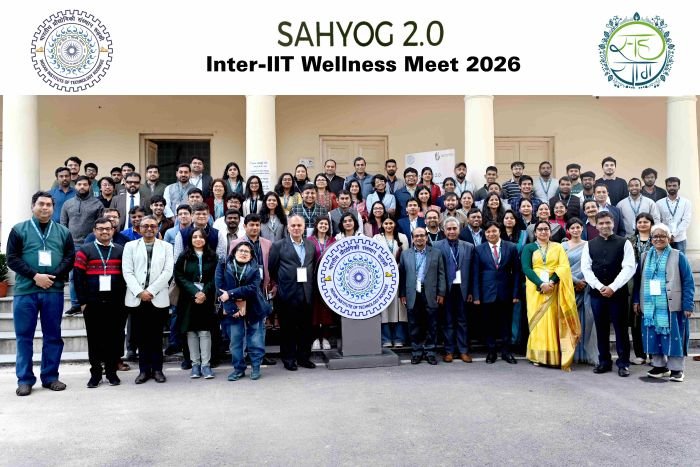
As many of our journalists come from a non-medical background, the introduction of CAS at the academic level helps train journalists in health journalism and encourage scientific mindset among masses. CAS plays an important role in building a holistic 360-degree science-based communication narrative, addressing misinformation, promoting awareness, undertaking capacity-building of media, rigorous analysis of news reports, official/authoritative scientific discourses, thought series in media to counter any negative discourse
A two-day workshop on evidence-based health journalism organized by the Department of Mass Communication and Journalism (MCJ), Maulana Azad National Urdu University (MANUU), in association with UNICEF on 15-16 June was attended by over 120 students of journalism and mass communication from MANUU, Indian Institute of Mass Communication (IIMC) and Himachal Pradesh University and health journalists.
They learnt the importance of evidence-based reporting and fact-checking in health journalism – through UNICEF’s Critical Appraisal Skills (CAS) programme. The workshop brought together practitioners of CAS, journalism students and subject experts to discuss the importance of evidence-based journalism in areas that impact children such as Routine Immunization, COVID-19 and Vaccines, Antibiotics, Mother and Child Health and Primary Healthcare.
The CAS programme, developed in 2014 by UNICEF, in association with Oxford University, Thomson Reuters and IIMC for working health journalists and students of journalism and mass communication, was later adapted as an elective module in their curriculum by IIMC and MANUU.
Delivering his remarks at the inauguration of the workshop, Prof. Syed Ainul Hasan, Vice Chancellor, MANUU, said, “The recent pandemic has driven the world’s attention towards the importance of health communication. Media can play a vital role in creating demand for immunization. However, as many of our journalists come from a non-medical background, the introduction of CAS at the academic level helps train journalists in health journalism and encourage scientific mindset among masses.”
Speaking at the inauguration, Zafrin Chowdhury, Chief of Communication, Advocacy and Partnerships, UNICEF India, said, “UNICEF has long worked with the media on its critical role in building opinions and influencing people. The Critical Appraisal Skills course was developed in 2014 to strengthen skills in media professionals for accurate, balanced, analytical reporting and fact checking to guard against misinformation. The idea is to increase accurate and reliable media reports on issues that impact children, such as immunization, provide parents the right information and confidence to vaccinate their children and protect them from preventable childhood illnesses.”
Lack of awareness, scare-mongering and misconceptions regarding immunization have been some major challenges during the vaccination programme against COVID-19 and Routine Immunization.
Prof. Ehtesham Ahmed Khan, Dean, Department of Mass Communication and Journalism, MANUU, said, “Misconceptions, myths and misinformation harm the society more than the lack of information. In case of a pandemic situation, misinformation and disinformation can derail outreach of public health programmes and adversely affect people. CAS plays an important role in building a holistic 360-degree science-based communication narrative, addressing misinformation, promoting awareness, undertaking capacity-building of media, rigorous analysis of news reports, official/authoritative scientific discourses, thought series in media to counter any negative discourse.”
Dr NK Arora, Chairman, COVID-19 Working Group, National Technical Advisory Group on Immunization, interacted with the students and journalists virtually on the COVID-19 vaccination and urged the media to find innovative ways to break through information fatigue and encourage eligible people to take all their doses of vaccine on time. The participants, students and senior mentors of the Critical Appraisal Skills course, shared their experiences of health reporting during the pandemic. The learnings will feed into the updation of the course.
Professor (Dr) Sangeeta Pranvendra, Course Director, Department of English Journalism at IIMC, New Delhi said, “The Covid 19 Pandemic put forth a situation where the media fraternity realised afresh the need to have well informed, critically thinking journalists who could play a positive role in reporting on health issues, informing the public and also avoiding misinformation. CAS goes a long way in evolving these skills in the journalism students.”






